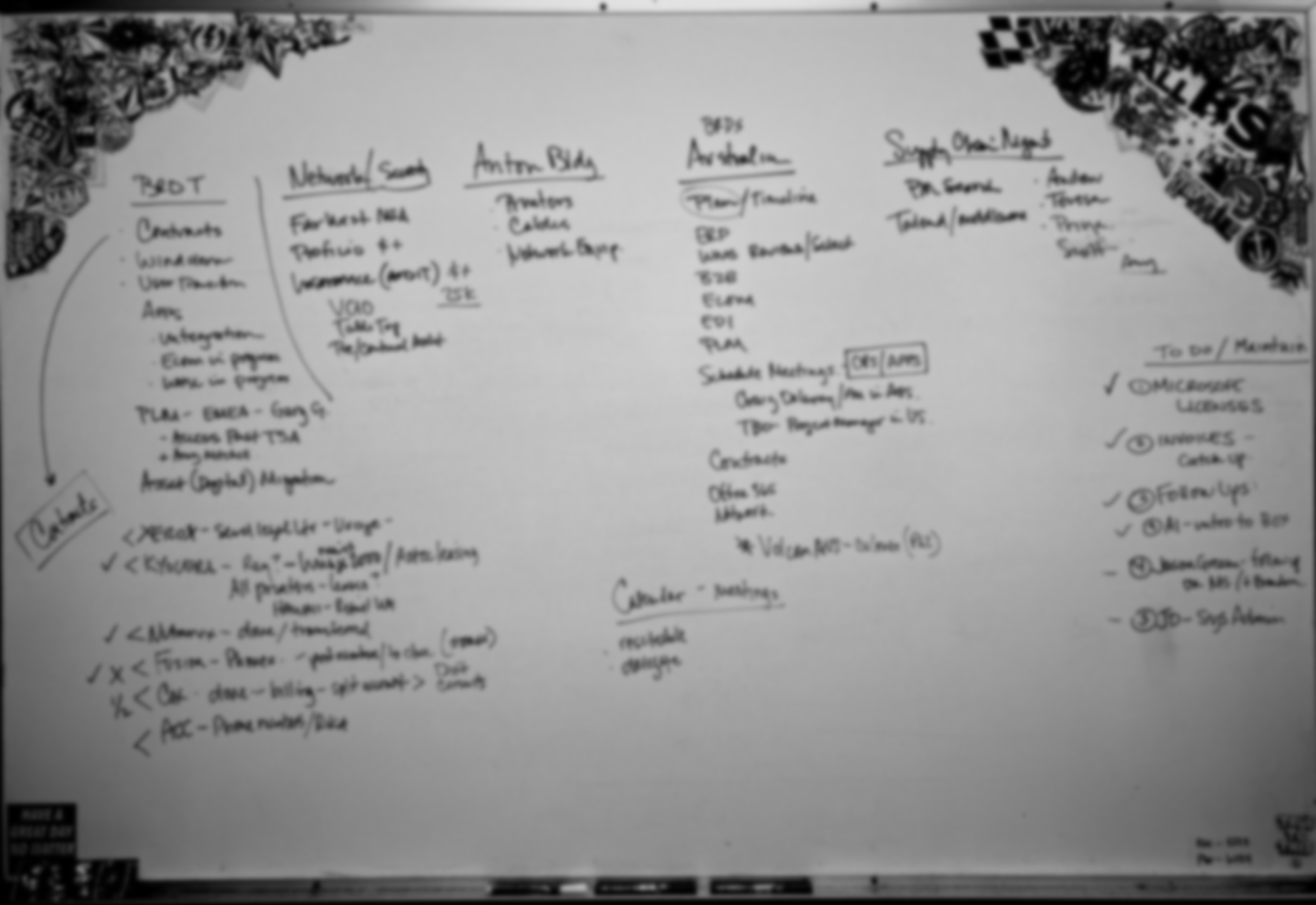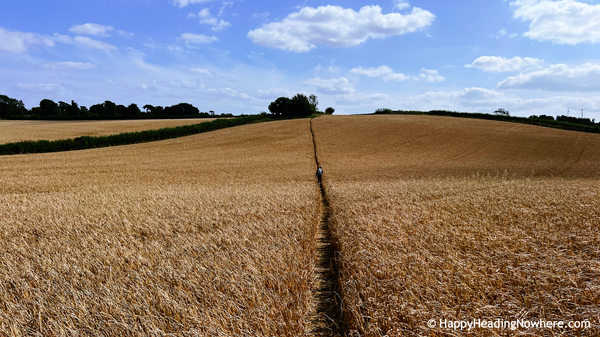Slowing Down for a Stronger You
Conservation: simplifying routines, focusing on what restores you, and building sustainable habits.

Nature knows what it’s doing. Everything in nature slows down this time of year. It’s not laziness—it’s wisdom.
We could use a bit of that wisdom ourselves. After clearing space through preparation, the next step is simplifying what’s left. Conservation isn’t about cutting corners; it’s about being intentional. It’s recognizing that your physical, mental, and emotional energy is limited and treating it like the precious resource it is.
Streamline for Sanity
At the start of the new year, I was flipping through some pictures from the previous year. One image stood out: a whiteboard filled to the edges with projects, tasks, and everything on my mind.

I was overwhelmed—and it was a visual reminder of how cluttered my mental state had become. It also reminded me of how that mental chaos was affecting my physical and emotional health. I desperately needed to streamline, but at the time, it felt impossible.
Conservation invites us to simplify—not just to cut down, but to refine.
Think about it:
- Could creating an improved morning routine reduce the strain of decision-making?
- What small tweaks might turn chaotic afternoons into smoother transitions?
- Where can complexity be replaced with simplicity without sacrificing intention?
This isn’t about doing less for the sake of it. It’s about focusing on what best meets our needs, allowing for clarity and focus in each action.
Invest in What Restores You
Conservation shifts the focus to restoration rather than dwelling on what drains you. What activities, people, or practices energize and uplift you? Sometimes, you can feel guilty for taking some time just for yourself, but you shouldn't. The Stoic philosopher Seneca knew this was important.
“People are frugal in guarding their personal property; but as soon as it comes to squandering time, they are most wasteful of the one thing in which it is right to be stingy.”
Consider where you could be a bit more stingy with your time and think about the following:
- What brings you genuine enjoyment?
- Who offers you a sense of understanding and peace?
- What minor adjustment could you make today to feel more solid?
Sometimes, restoration comes in simple forms—quiet mornings with coffee, a leisurely walk, playing ball with your kids, or an uninterrupted hour with a good book.
Sustainability, Your Way
Life’s pace often makes us feel we must do everything, but conservation reminds us to prioritize sustainability. It’s not about constant output but about balanced input and output. Recognizing our limits and respecting them is key to long-term well-being.
- Where can you say no today to protect your energy for tomorrow?
- How can you create boundaries that support your goals and health?
When you start living with this mindset, you’ll notice something surprising: life often becomes clearer and more manageable.
This isn't a new idea. Take a look at this quote from the ancient philosopher Epicurus:
“In all things, balance is better. In the same way that overeating harms the body, long-term excess of anything—even work or leisure—can harm the soul. A life well-lived is a life of moderation.”
Building Something Bigger
Looking back at that whiteboard, I realized I needed to adopt nature’s wisdom sooner. Overwintering, mentally pulling back, and trying another way might have saved me from that overwhelming feeling.
Conservation is about trust—the trust that the small, intentional acts we engage in now will lead to growth when the time is right.
The Overwintering series explores how we can embrace the natural rhythms of rest and renewal in our own lives. Inspired by the way nature prepares for spring, this series will offer insights and practical steps for slowing down, reflecting, and laying the groundwork for growth.




